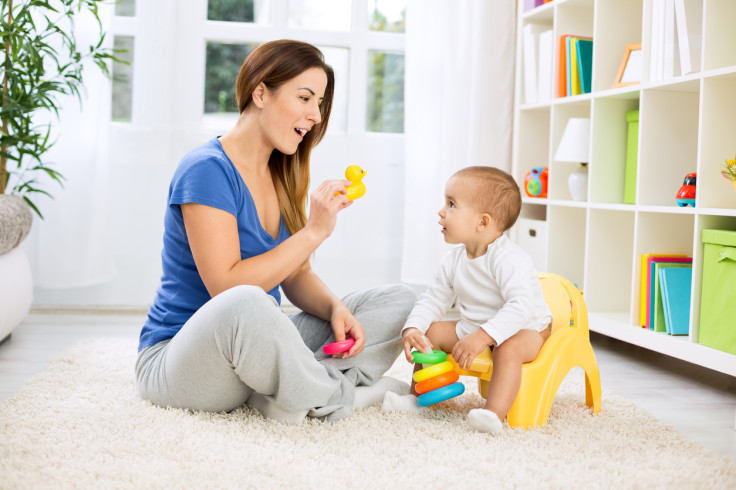We never forget our native language – even if we have never spoken it
Dutch speakers born in Korea were better able to (re)learn Koran as adults.

Young children who are adopted by parents speaking a different language than the one they were born into are better equipped to relearn it in the future, scientists have said. Although they typically forget their birth language, these individuals unconsciously retain knowledge that can prove useful in adulthood.
Studies have shown that people start acquiring their native language very early on, starting from the last term spent in the womb and in early infancy.
Early experiences lay the foundations for a lifetime of speaking and listening a birth language yet the nature of the linguistic knowledge acquired in the first year of life has, thus far, appeared unclear.
However, in a study now published in Royal Society Open Science, researchers have investigated whether babies who are adopted – and taught a different language to the one they first heard – found it easier to (re)learn birth-language patterns when they were older.
The scientists also tried to discover more about the nature of linguistic knowledge in infancy, to shed light on the origins of languages and how it is acquired.
Korean and Dutch
The team looked at a group of 29 Korean adults who had been adopted by Dutch-speaking families and 29 Dutch-control participants and 25 Korean control participants. All had completed at least high school, and none reported hearing, speaking or reading disability. The Korean participants had been adopted as toddlers (after 17 months) or under the age of six months.
The research involved the Korean-born participants and Dutch controls undergoing a training session to learn how to distinguish consonants in the Korean language, and to pronounce Korean words. The researchers looked at how each group fared before and after the training session. Korean-born participants saw their scores for pronouncing the consonants of the Korean language improve significantly more across the training period than than control participants.
More importantly, the scientists found out that there were no differences among Korean-born participants, depending on whether they had been adopted before six months or as toddlers who had had some experience of speaking Korean. This suggests the linguistic knowledge that is acquired in babies is abstract in nature and independent of any speaking experience.
Future research will be needed to characterise early linguistic knowledge further and to pinpoint the factors that make native language easy to relearn, even if you have never spoken it as a baby.
© Copyright IBTimes 2025. All rights reserved.






















